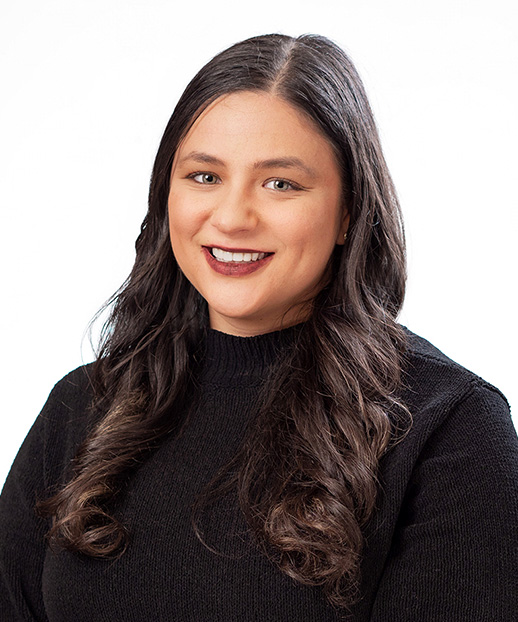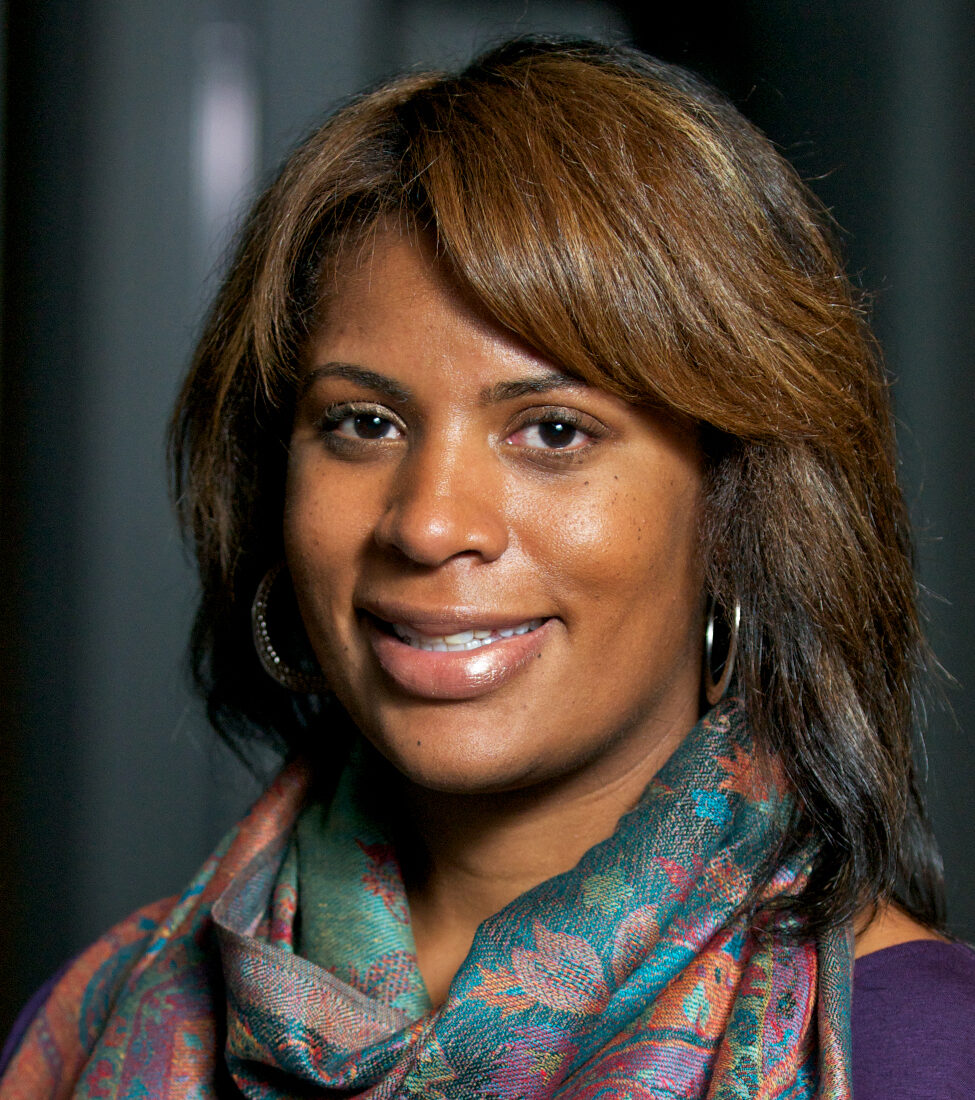
Safeguarding Nursing Science Amid Political Retrenchment
Experts Say Nursing Ethics Can Help Researchers Confront Federal Disinvestment, Defend Science, and Advance Health Equity
Blog Post

The number of nurse practitioners (NPs) in the U.S. has grown exponentially in the last several decades. From 2010-2017, the number of NPs available in the U.S. more than doubled, and the Bureau of Labor Statistics now estimates NPs to be the nation’s fastest growing occupation over the next decade.
NPs are well-positioned to reduce racial and socioeconomic health inequities. NPs disproportionately serve as the primary care provider for Black and Hispanic patients, and are more likely to care for patients who are Medicaid-insured or living in rural or other underserved areas. NPs are also trained in a holistic model that prioritizes caring for the “whole patient” – addressing the multitude of clinical and social factors that may lead to poor health outcomes.
Despite their central role, virtually no research has considered the perspectives of NPs from a minority community. The NP workforce remains over 80% white, 8% Black, and 5% Hispanic–far more homogenous than the U.S. population. A diverse workforce is essential to understanding patients’ beliefs and values, enhancing trust, and providing high-quality, patient-centered care.
In our new paper, we sought to address this gap by conducting focus groups and interviews with 16 Black NPs in 2022 across the greater Philadelphia area. Our goal was to explore Black NPs’ efforts to address the health inequities they see in their practices, and understand the supports and barriers they face in doing so. We asked participants about their clinical roles, any health inequities they saw, and what–if anything–they did to address them.
We found that Black NPs witness a myriad of health inequities, and undertook a number of innovative strategies to address them. Inequities ranged from differences in how Black and white patients were treated by clinicians, to the length of appointment wait times, to systematic differences in quality between clinics serving publicly and privately insured patients.
Participants reported feeling a sense of duty to address these inequities. When they weren’t spending additional (uncompensated) time working to connect patients with appropriate resources, they were often raising their concerns to administrators.
For example, participants reported advocating to leadership for additional social resources, adequate appointment times, and educational opportunities to advance diversity, equity, and inclusion principles among colleagues. These efforts were met with mixed success, and NPs often felt that their white colleagues lacked their sense of personal investment.
Participants consistently noted that while administrators often agreed verbally with the need to address health inequities, few systemic changes occurred. This “lip service” contributed to feelings of increasing burnout especially among participants who had themselves experienced instances of racism or microaggressions in the workplace. Taking on this labor in addition to their clinical roles, also while navigating workplace discrimination, led to an overwhelming sense of burnout and emotional exhaustion.
You’ve invested into it because it’s something that is so important to you. It’s emotionally taxing and draining and leads to this burnout, and eventually that’s like ‘I can’t do this anymore.’
– Focus Group Participant
Our study demonstrates how NPs from diverse backgrounds can play a critical role in advancing health equity, but doing so with minimal organizational support is often unsustainable. Reports of Black NPs’ burnout and emotional exhaustion are particularly concerning amid national efforts to prevent clinician burnout and recruit and retain a nursing workforce.
While new reports, including one from the National Academy of Medicine, have shifted national attention to the issue of clinician burnout, more attention is needed on the experiences of nurses of color. Our findings not only highlight the value of Black NPs’ contributions to reducing health inequities but also the need to address the specific causes of burnout among a diverse nursing workforce.
The study, “‘I Had Become Fed Up’: A Qualitative Study of Black Nurse Practitioners’ Experiences Fighting Against Health Inequity, Racism, and Burnout,” was published on November 2023 in the Journal of the American Association of Nurse Practitioners. Authors include J. Margo Brooks Carthon, Ravenne Aponte, Aleigha Mason, and Jacqueline Nikpour.





Experts Say Nursing Ethics Can Help Researchers Confront Federal Disinvestment, Defend Science, and Advance Health Equity

Study Finds Major Gaps in Cardiac Care Behind Bars

Eighth Year of Program That Recruits, Mentors and Develops Junior Faculty for Health Services Research

Chart of the Day: National Study Shows White Patients More Likely Than Black Patients to Get CT and/or Ultrasounds for Abdominal Pain in the Emergency Department

LDI Fellows Uncover Six Key Barriers and Solutions to Achieving Better Hospital Care

The Prison System Often Fails to Meet Even Basic Standards for Pre- and Post-Operative Health, Experts Say